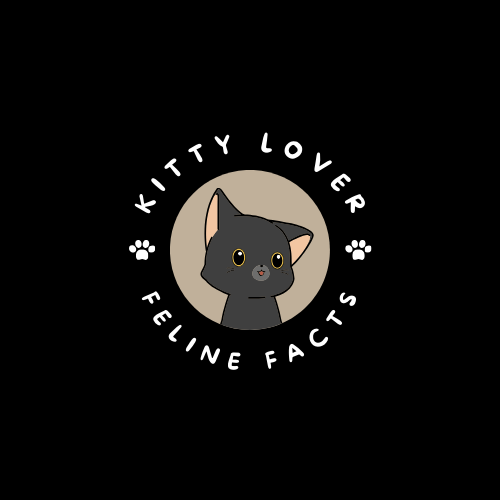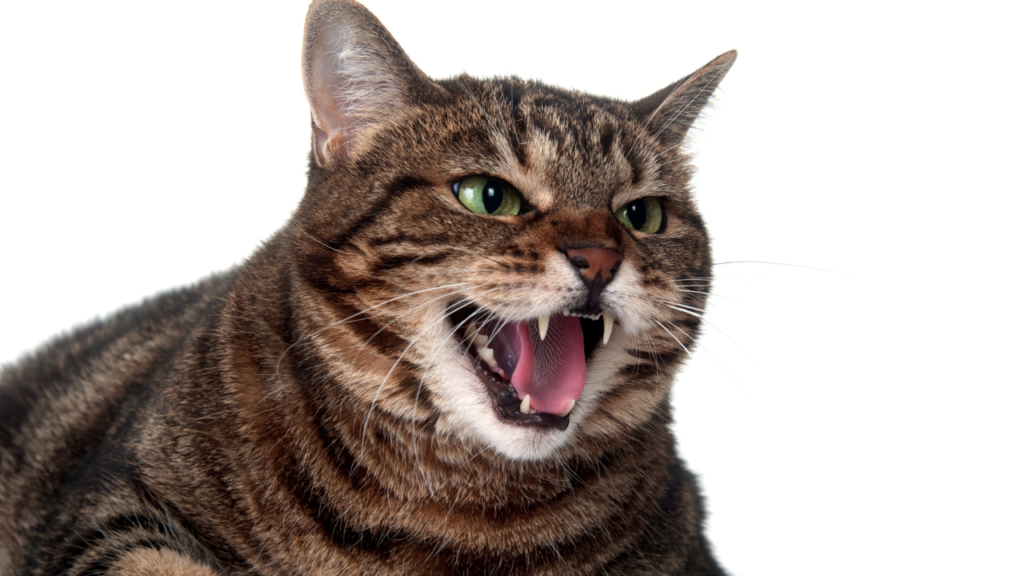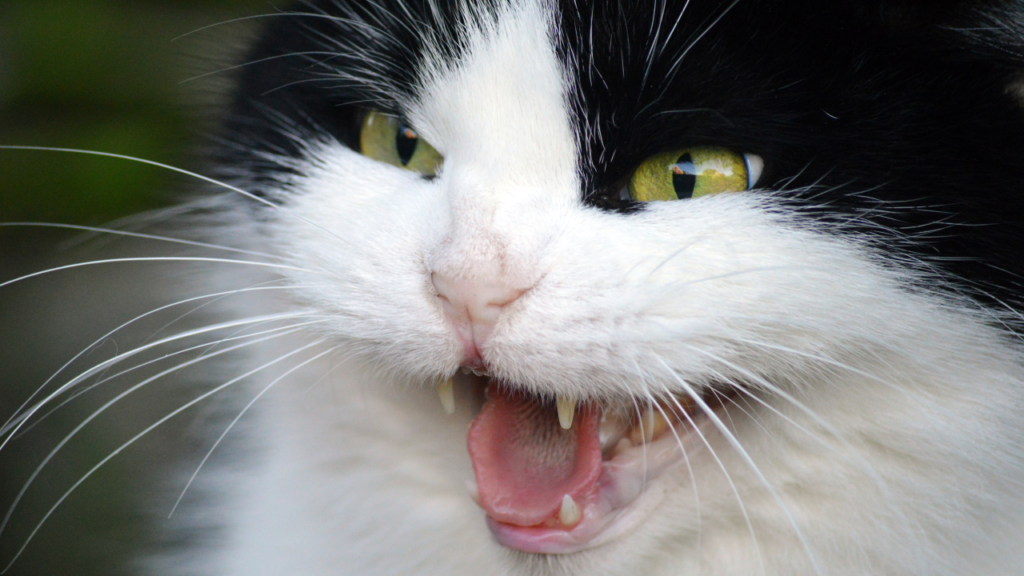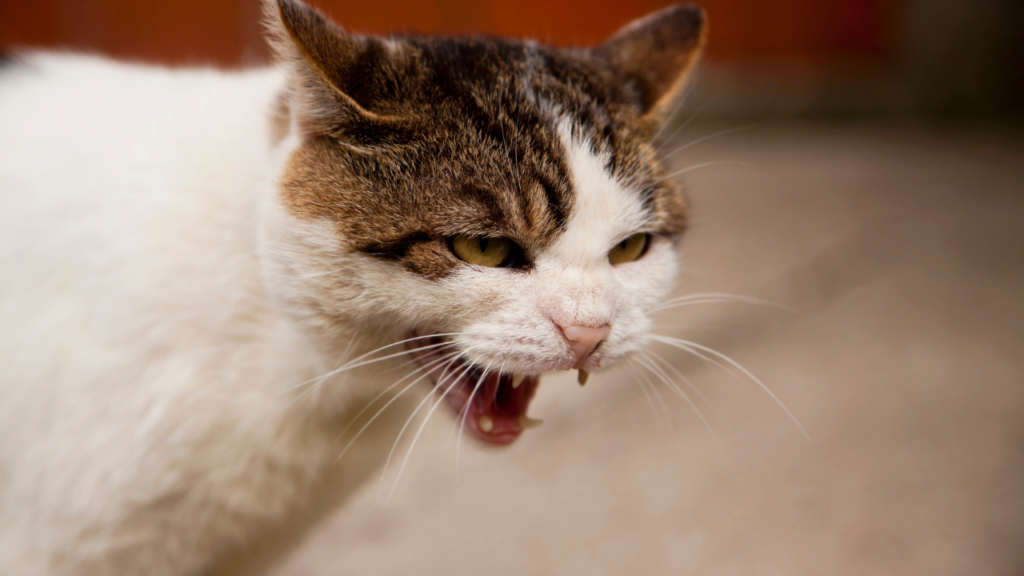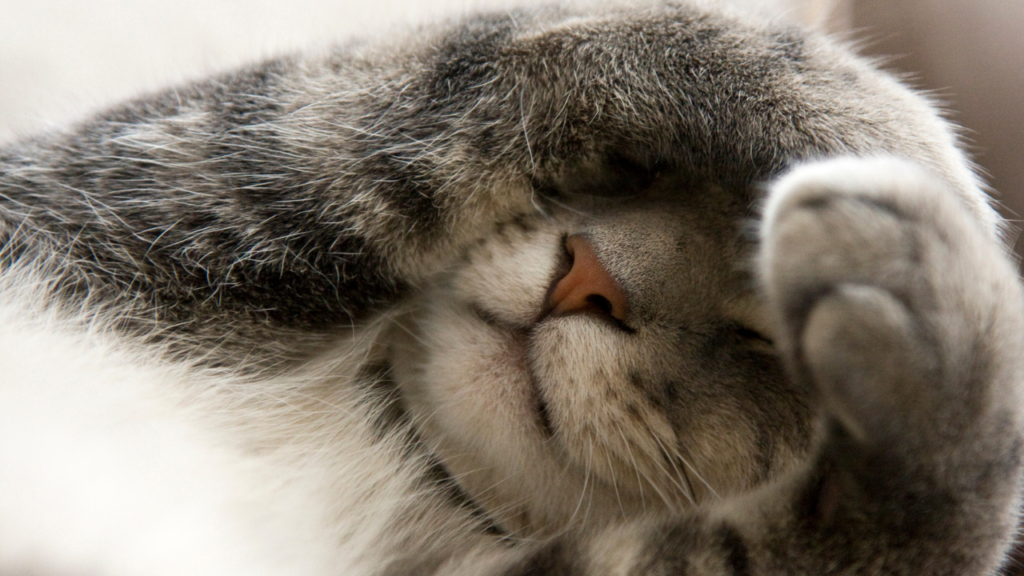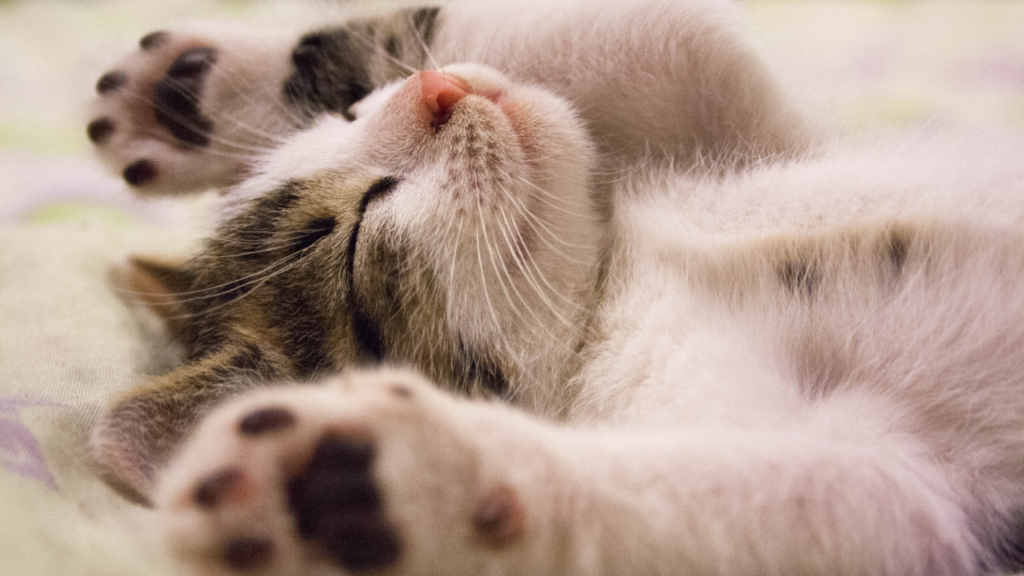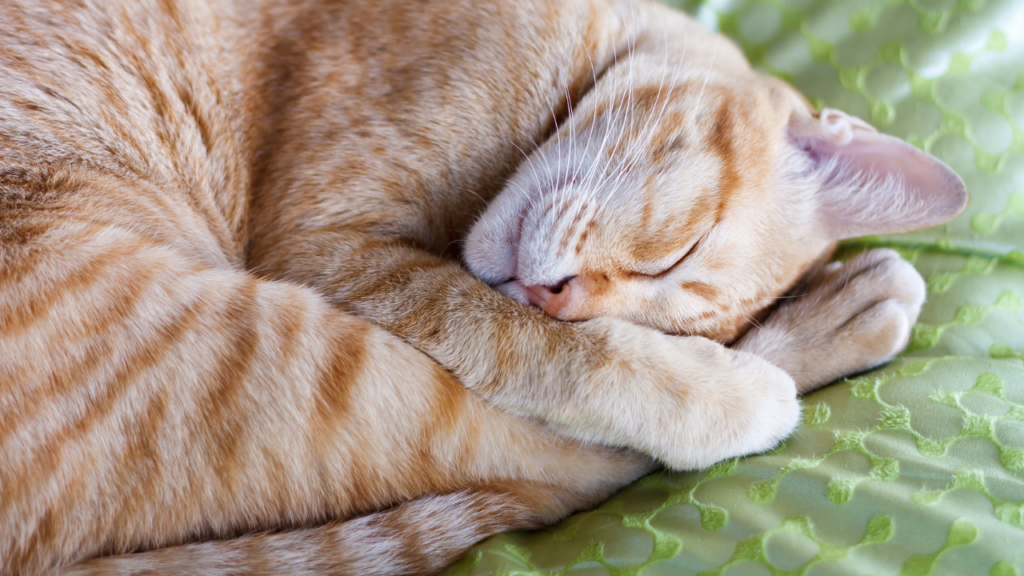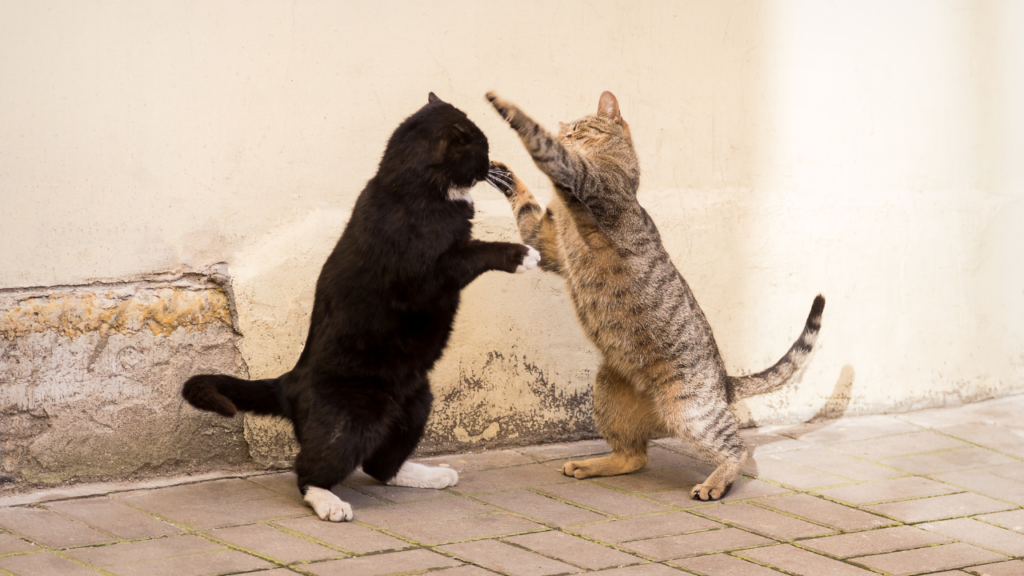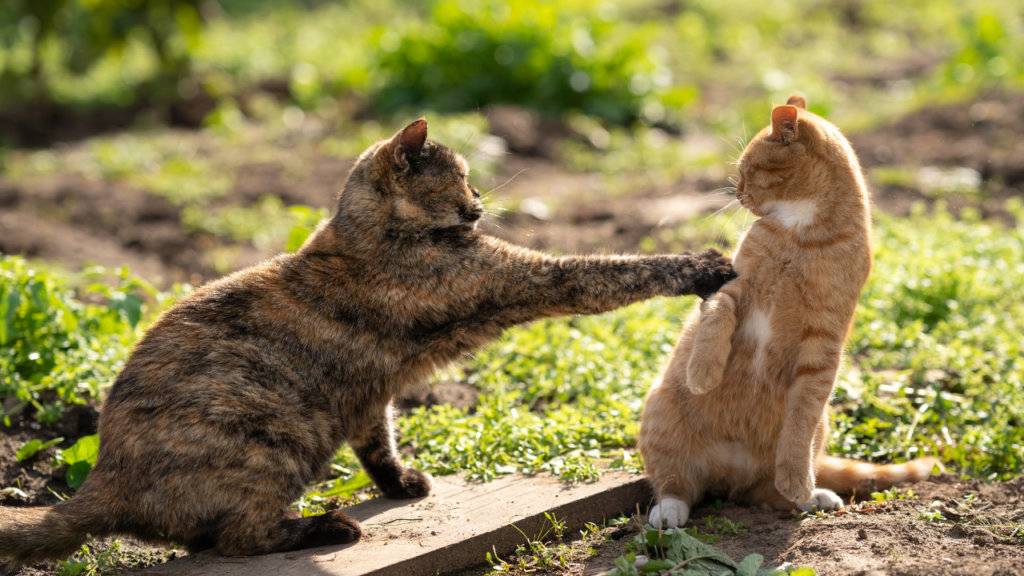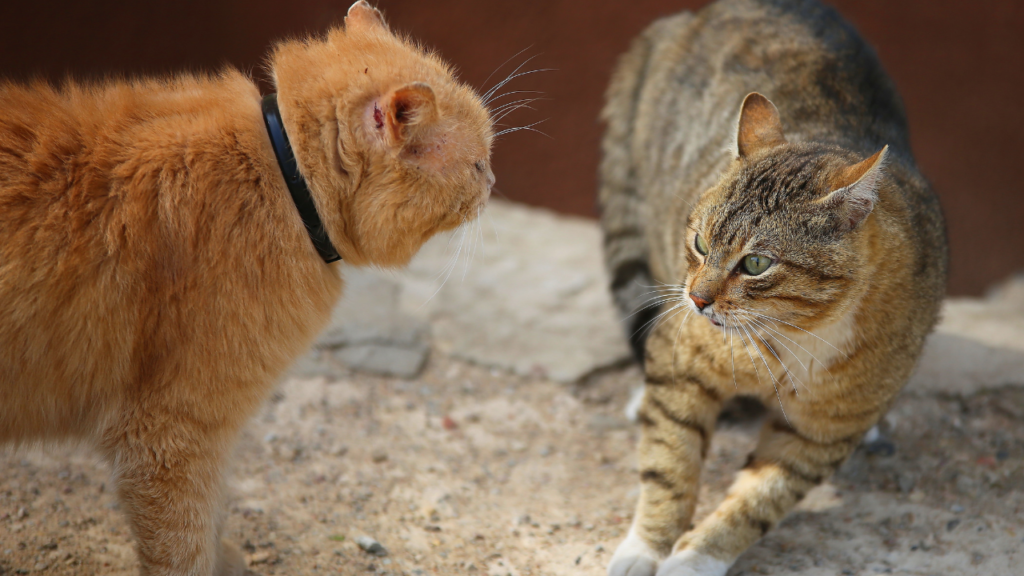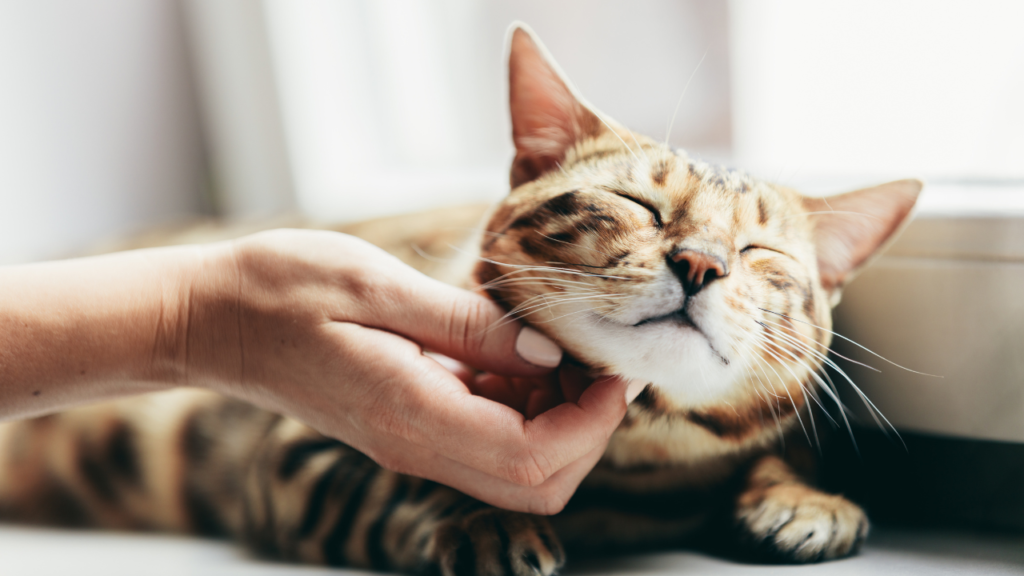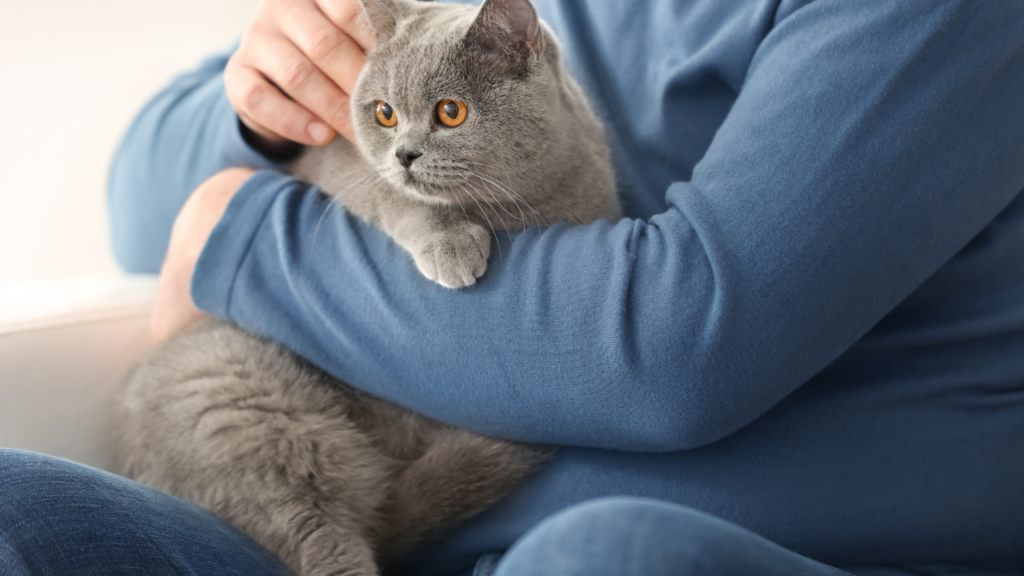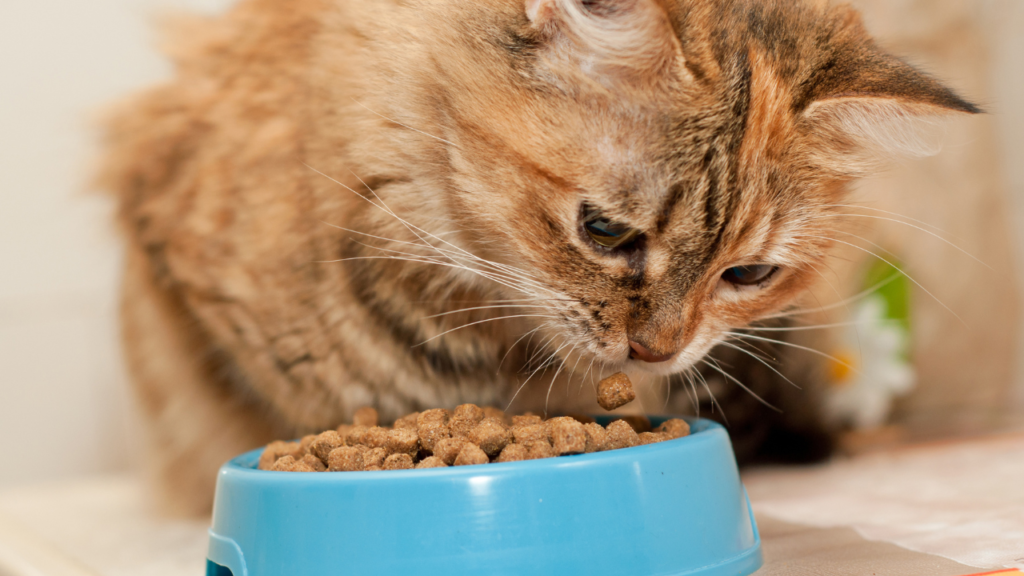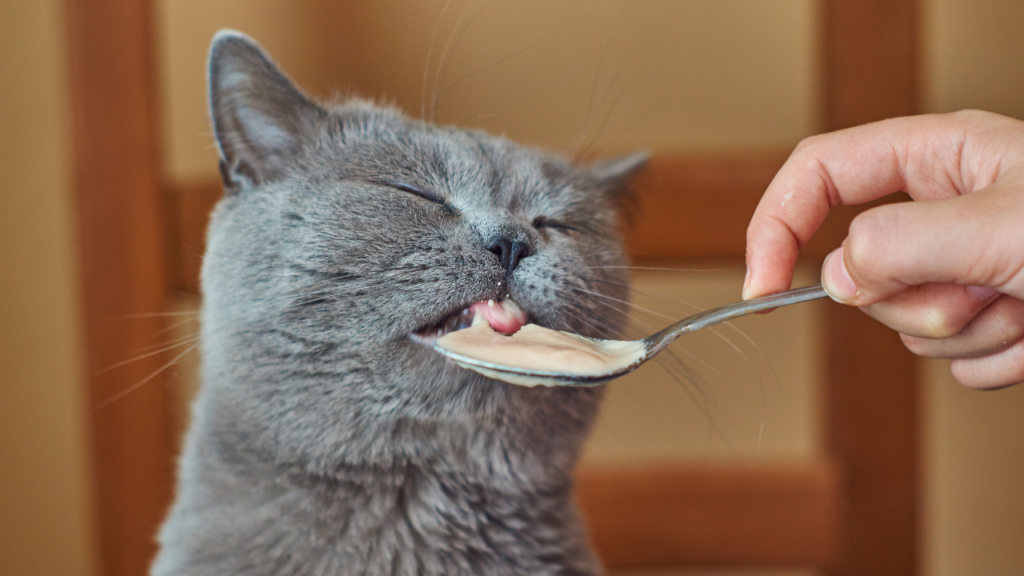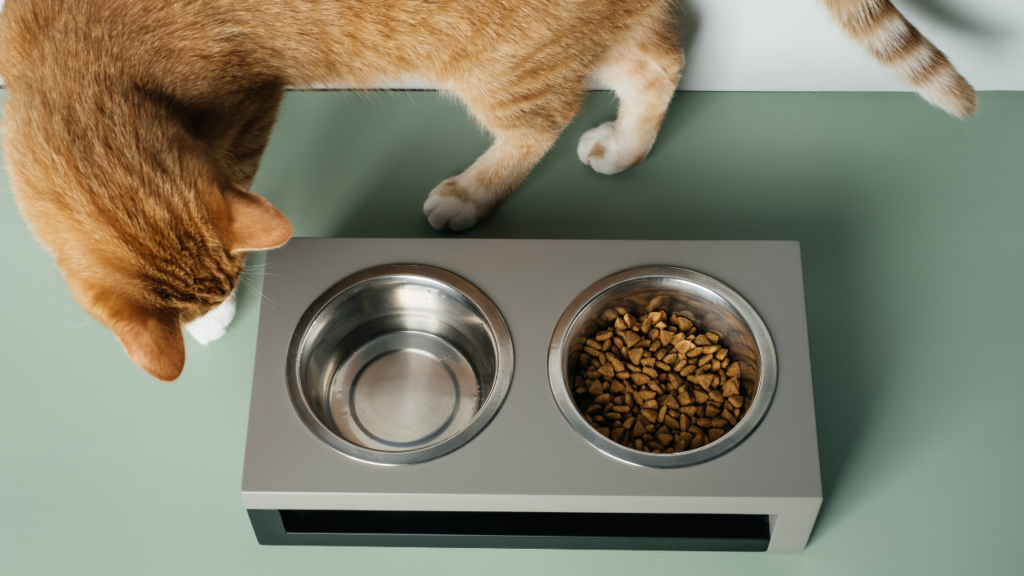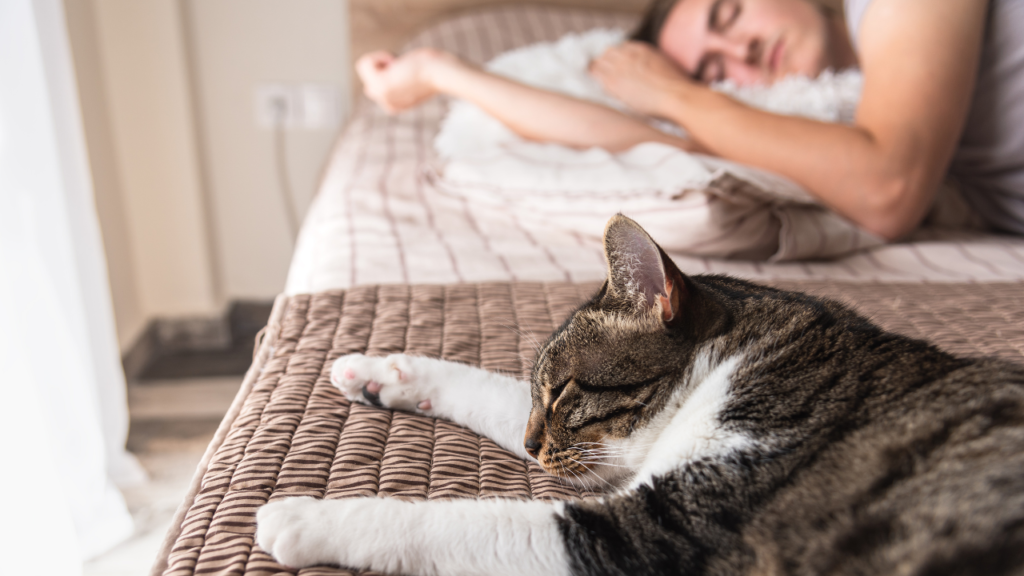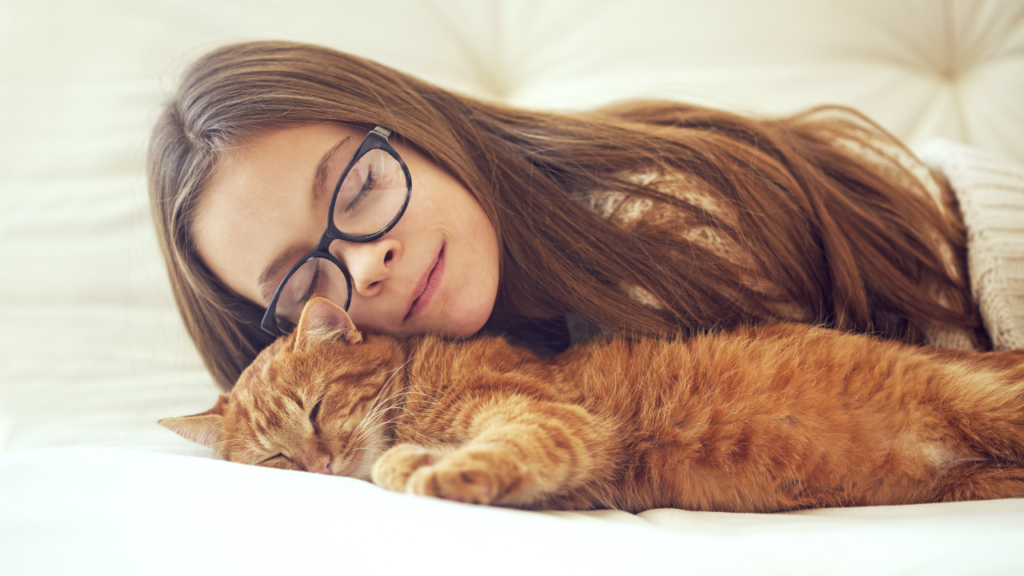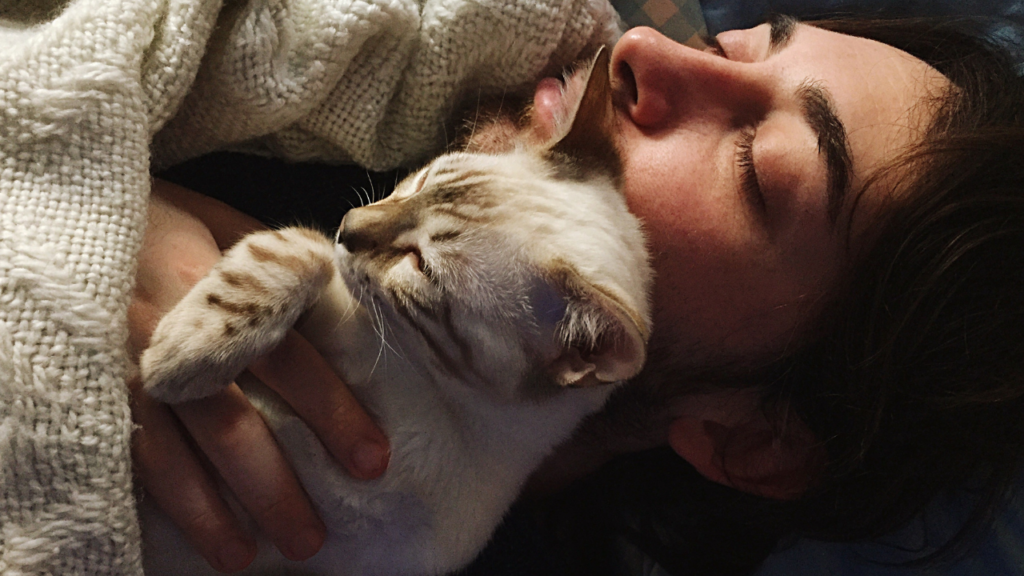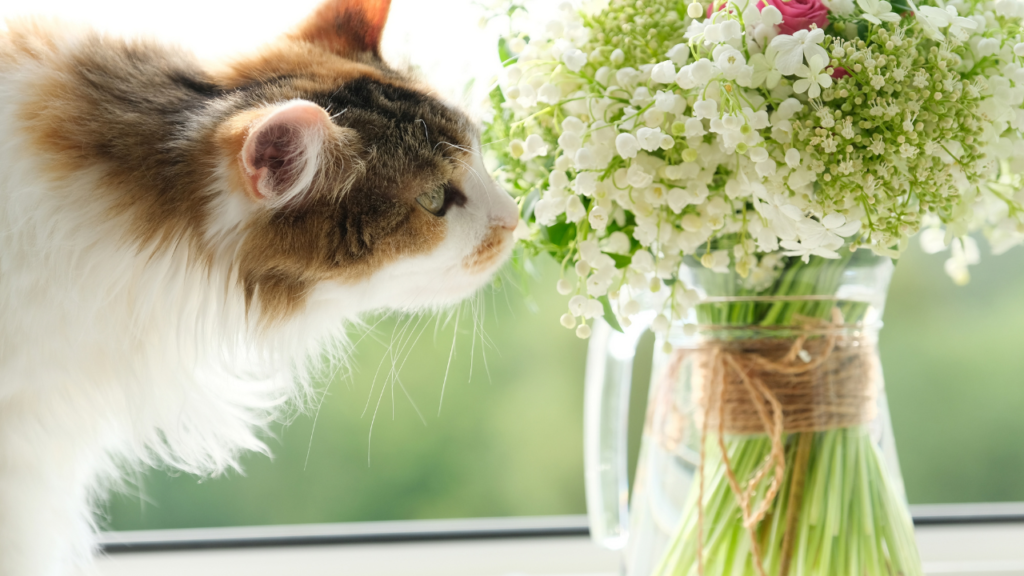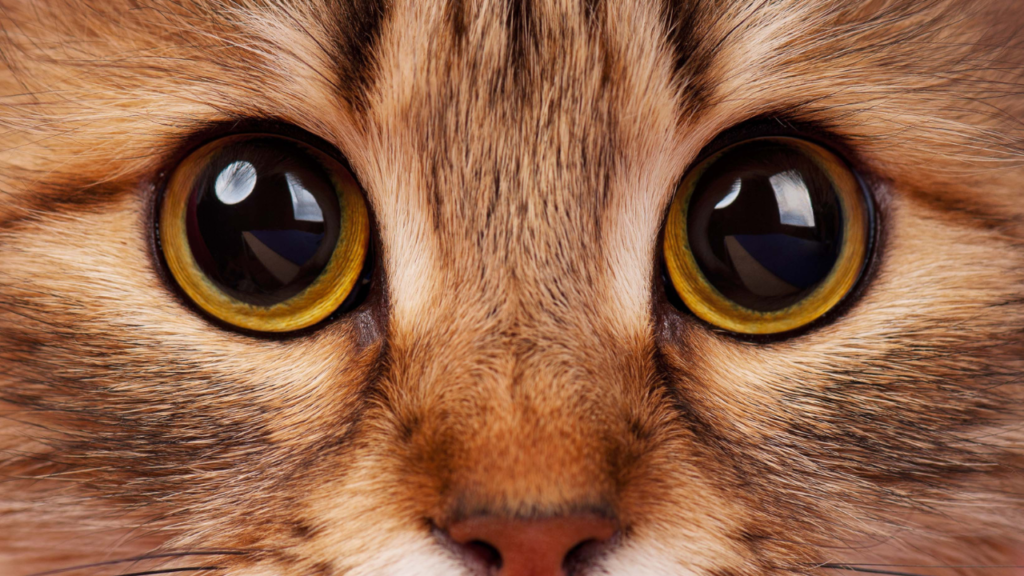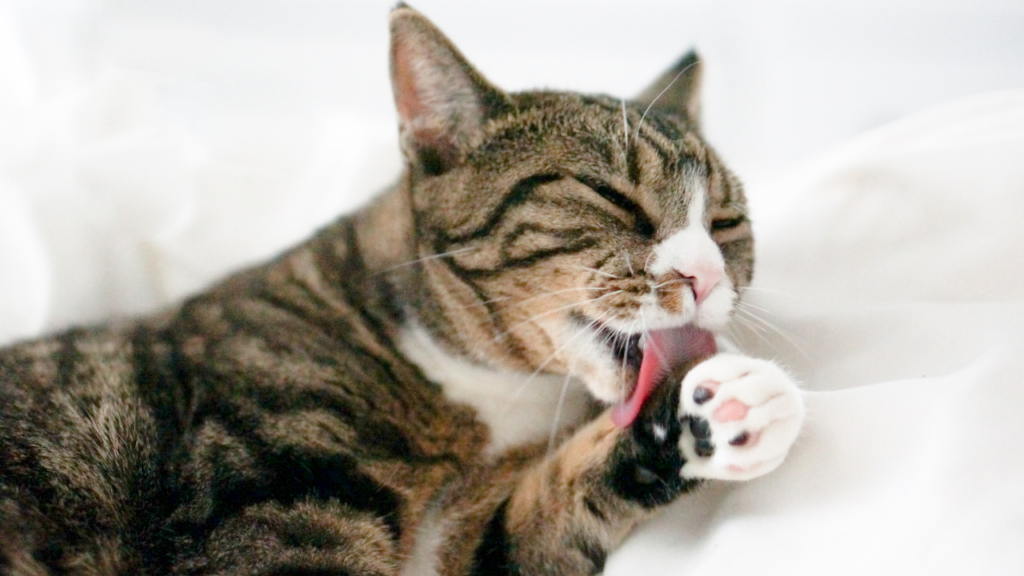Cat weight loss.Here’s what you need to know, and when to call the veterinarian.
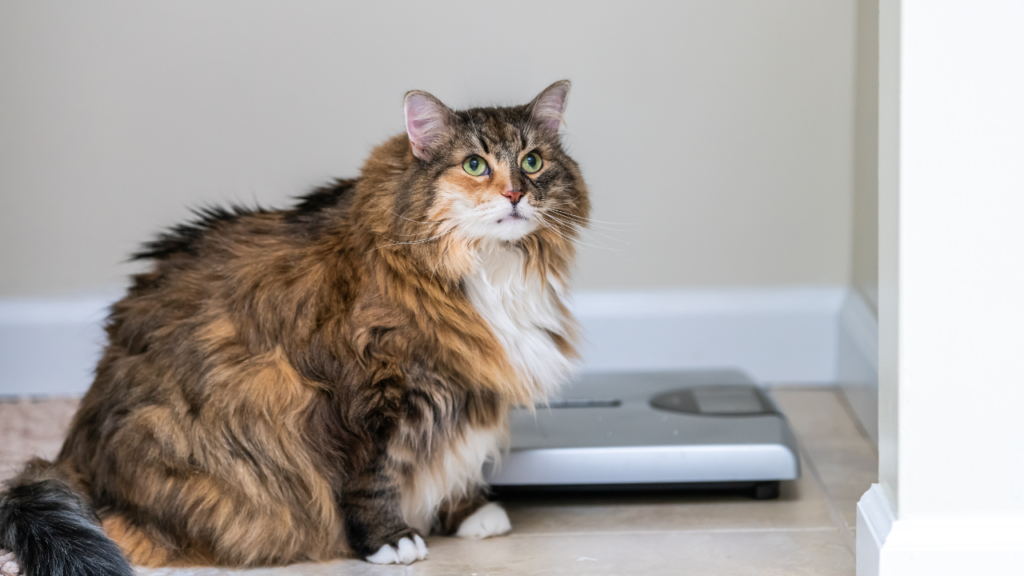
When it comes to being a pet parent, two of the most crucial duties you’ll face are keeping your fur baby at a healthy weight and feeding your feline friend nutritious food. Are you thinking, “Why is my cat losing weight?” A number of factors, can cause for the cat weight loss. If you find your cat is overeating, or if your cat eat normally but loses weight, take them to the doctor immediately.
Unplanned weight loss in cats can be a sign of a variety of health issues, which your veterinarian should investigate right away. You do not want to take a “wait and see” approach or anticipate that your cat will suddenly begin to acquire weight again. Remember, quick treatment is critical for your cat’s health.
How can I know if my cat is losing weight?
The simplest way to know if your cat is losing weight is to pay attention and conduct weekly checkups. If your cat has a lot of fur, it might be difficult to tell if weight loss is occurring, so feel the sides of their body to see if their ribs are protruding or if there are any visible changes in their body composition. This is simple to accomplish because you can simply pet or snuggle them frequently and tell when a perceptible change has occurred.
How do I handle my cat’s unexpected weight loss?
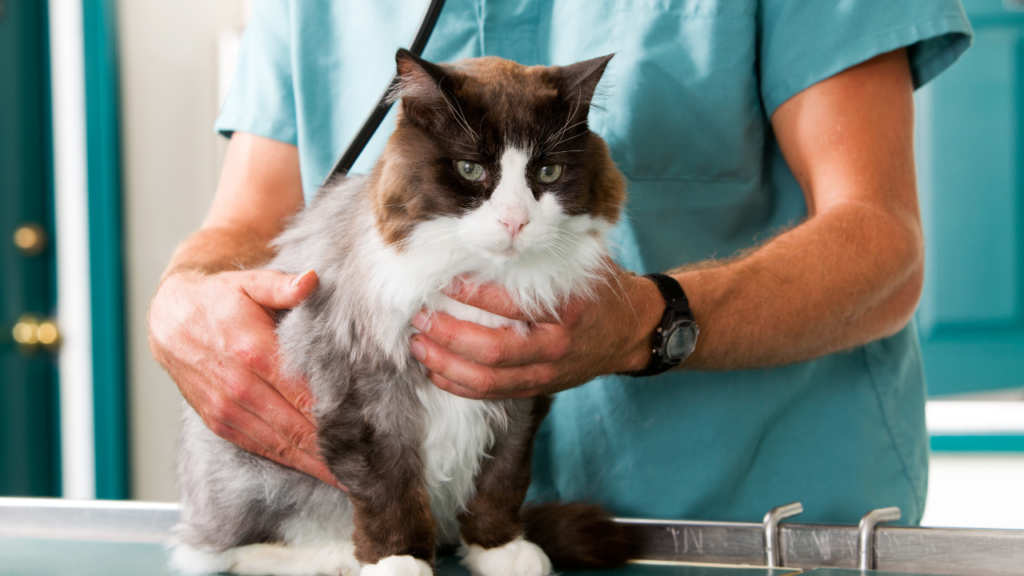
If your feline companion has been eating regular meals and even snacks but still appears to be losing weight, you’ve undoubtedly begun to wonder what’s going on.
It is critical for your pet’s health that whether they maintain a healthy weight for their breed and age. That’s why, if you observe your cat abruptly dropping weight, with or without changes in appetite, you should contact your veterinarian right away.
What causes my cat to lose weight?
There are various medical conditions that can cause your cat to lose weight, and you should be aware of the most prevalent causes of unexpected weight loss. Let’s investigate several ideas.
Emotional issues
Stress, worry, and despair are among emotional factors that contribute to weight loss. If you’ve introduced new animals into your home, relocated, or noticed your cat’s behaviour changing in unexpected ways, your veterinarian may be able to address these mental-health concerns. Feline anorexia may be the cause of your cat’s general lack of interest in food. Licenced professionals can successfully treat all of these conditions.
Hyperthyroidism
If your cat is suffering from hyperthyroidism, they will urinate and drink excessively since the illness causes their metabolism to overdrive. The most prevalent cause is a benign thyroid tumour. It’s a dangerous ailment that can cause heart disease, stroke, and blindness, so call your veterinarian right once if you suspect it.
Gastrointestinal issues
Gastrointestinal (GI) disorders can occur in cats that have inflammatory bowel disease, infections, or dietary allergies. If your cat experiences nausea, diarrhoea, or vomiting, it is likely that he or she has a gastrointestinal problem.
Intestinal parasites.
Cats suffering from intestinal parasites will exhibit many of the same symptoms, such as diarrhoea and vomiting. These unpleasant intruders may be dwelling within your cat, causing weight loss. Because various parasites require different treatments, we recommend taking your cat to the clinic if you suspect he has a parasitic infection.
Organ failure.
Organ failure is a common cause of weight loss in senior cats. As cats age, they are more likely to have serious health issues. Cancer and diabetes are two common conditions that senior cats suffer from, and they must be properly diagnosed by your veterinarian.
What tests are performed for unexplained weight loss?
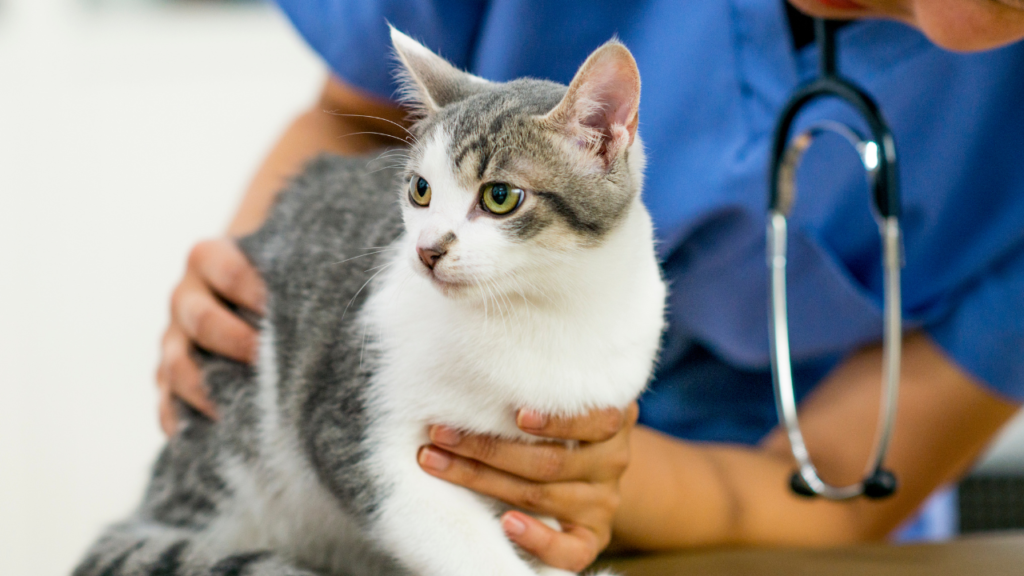
If your cat begins to lose weight unexpectedly, she will most certainly need to undergo all of the regular testing. This will entail bloodwork, a faecal test, and maybe x-rays. These are used to identify or rule out all of the most prevalent causes of weight loss, such as hyperthyroidism. Be warned: a large series of tests can be quite expensive, but they are sometimes covered by pet health insurance. If your cat get diagnosed with a serious illness, such as cancer, you should review treatment choices and develop a care plan. Hyperthyroidism, on the other hand, is a simple treatment that usually requires only a daily medication. Parasites can be treated promptly and painlessly. Hopefully, you find a relatively treatable cause and your cat will be back to trying to get pleasantly plump in no time.
What happens if I can’t see my veterinarian straight away?
If you are concerned about your cat but are unable to see your veterinarian right away, try not to worry too much. Instead, keep precise records regarding your cat’s condition and then contact your veterinarian. Explain everything, listen, and take their advise.
Your veterinarian may be able to provide recommendations over the phone that will benefit your cat right now. They may still want you to come in, but after talking on the phone, you may construct a plan that works for everyone.
While many disorders causing weight loss in cats are dangerous, please do not worry. Much less serious health issues, such as a toothache or other oral problems, can also cause weight loss. Only your veterinarian can accurately identify your cat’s condition.
We cannot emphasise this enough: if you are concerned about your pet, contact your veterinarian as soon as possible. You will most likely feel considerably better at the end of the call than you did before reaching out.
The last word on weight loss in cats
When your cat eats normally but cannot maintain their weight, it may be due to a significant problem. Treat it as such and seek medical help as soon as feasible. Though it may be stressful, speaking with your veterinarian is the first step towards restoring your feline companion’s health, happiness, and vitality.
Cat weight loss.Here’s what you need to know, and when to call the veterinarian. Read More »
